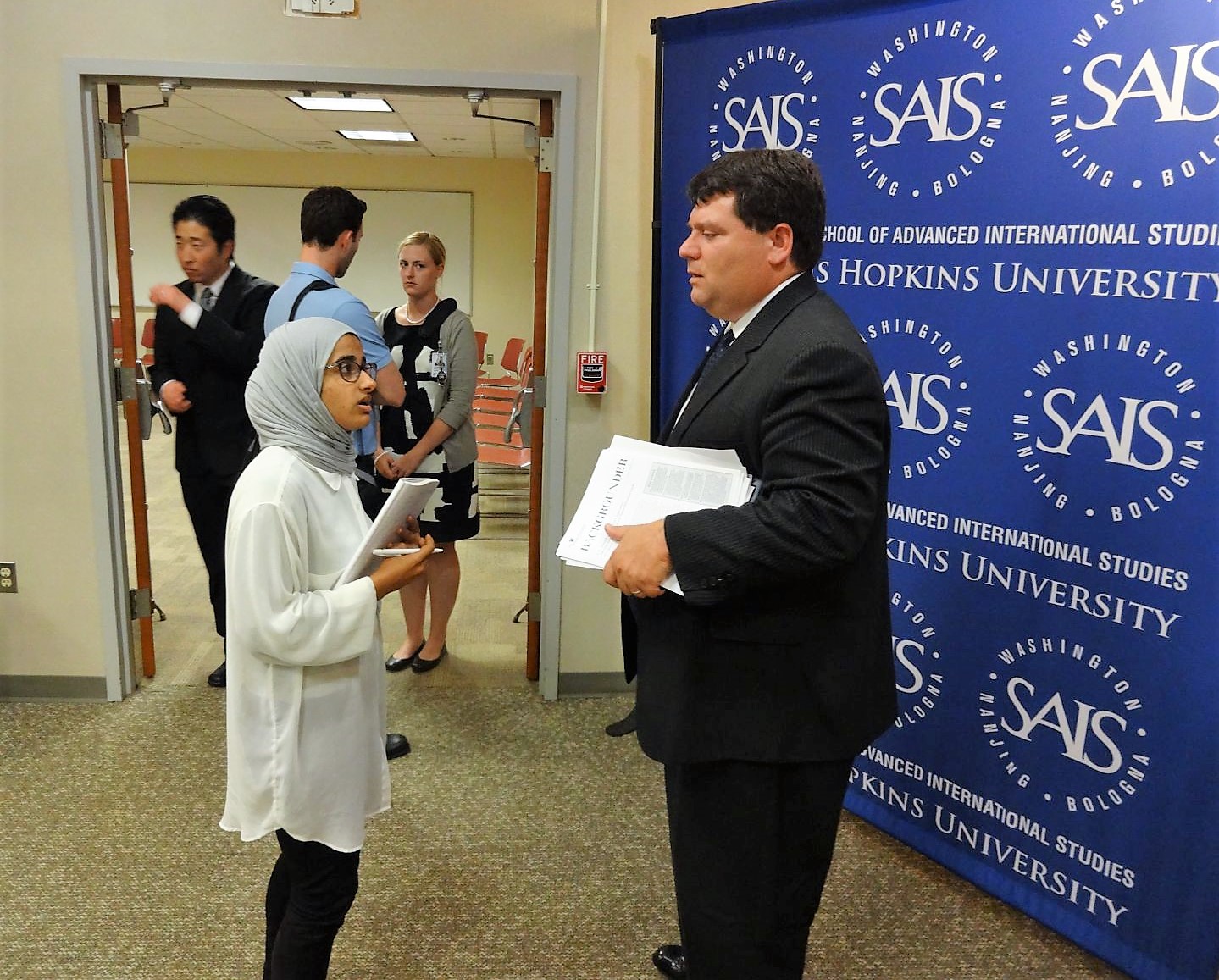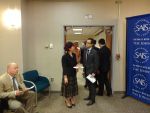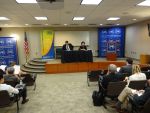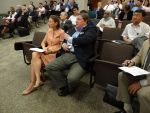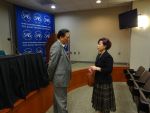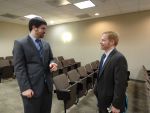Although South Korea and the US agreed to extend their existing 123 agreement for two years this past May, the two sides are nevertheless still at odds on the issue of enrichment and reprocessing. While South Korea seeks programmatic consent to enrich uranium and reprocess US-origin nuclear fuel, the US continues to oppose such a proposal. This current impasse on advance consent for ENR threatens a longstanding and mutually beneficial civil nuclear relationship between the two countries, and at the minimum, presents obstacles to a long-term agreement between the two allies. A strong US-ROK 123 agreement enhances both American and Korean influence on the global expansion of nuclear power, promotes US regulatory and safety standards, bolsters global nonproliferation efforts, and provides greater business opportunities for US nuclear suppliers and industry. In order to ensure that such benefits continue in the future, both countries will likely have to compromise on the matter of ENR. More specifically, the US can grant consent for proliferation-resistant spent fuel management technology—such as pyroprocessing—while South Korea can concede on enrichment. Such an arrangement would recognize South Korea’s emerging role in global nuclear commerce, strengthen civil nuclear cooperation between the two countries, help maintain nonproliferation standards, and potentially provide solutions to the growing spent fuel issues in the US and ROK.

